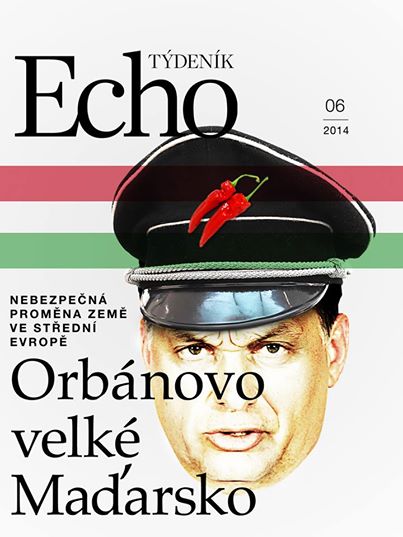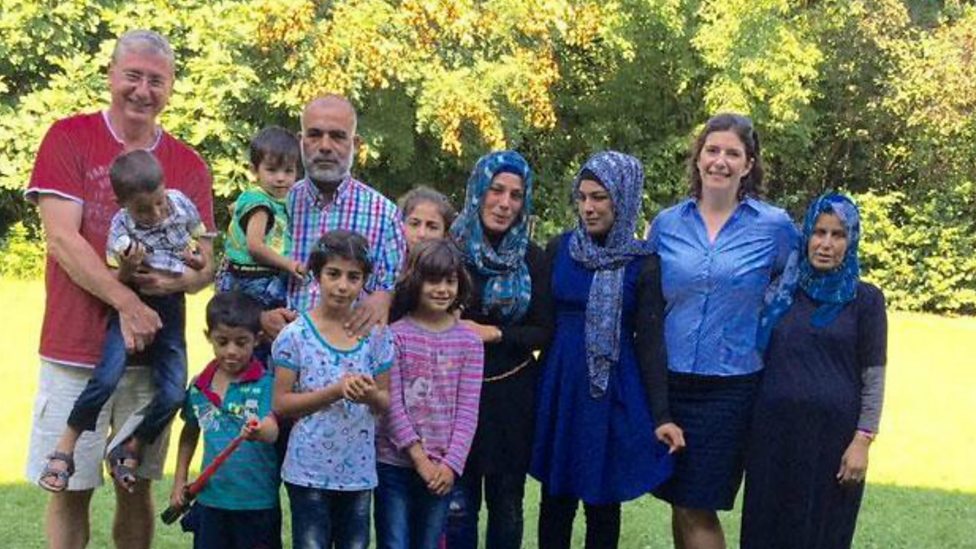
Immense disappointment — for me, but I left Unity (the successor of Earthlings after a decade) after 20 minutes when I couldn’t take anymore. Horror upon horror, accompanied by exalted banalities solemnly voiced in sound clips by assorted celebrities.
Earthlings had been – and still is – immensely powerful and effective in awakening the world to the otherwise unimaginable agony inflicted on (other) animals by humans, the agony that ag-gag laws strive to hide from us. I hadn’t been able to bear watching Earthlings either, but I recognize that its graphic evidence is essential for sensitizing that vast majority of humankind who are ignorant of and insulated from the fact that such horrors are being committed, being committed everywhere, and being committed in our name, so as to feed those who crave meat and to clothe those who crave leather and fur. Earthlings was not a movie for vegans. It was a movie for creating vegans.
In the twenty minutes that I could bear of Unity, the horrors were mostly inflicted by humans on humans, in the context of war, but there were also Earthlings moments in Unity, where the human aggression was on animalls – and we could already sense that there would be more later in the film.
I left before they came. There will probably still be extracts from Unity that activists can use to inspire people to become vegan. But skip the human/human aggression. There is no horror we have inflicted on animals that we have not inflicted on humans too. The “rules” of war allow it all. But in peacetime, it is illegal to do that to people.
For animals, it’s always wartime, and they are always the helpless victims. They are all in the state of terror and despair of that indelibly soul-tormenting first scene of the calf facing and frantically, hopelessly, struggling to escape that all too narrow passageway to merciless slaughter.
The film brings us no new solution for ending human/human war, just the banal cliches we already know.
And for animals, apart from the new supply of episodes to add to the heart-convulsing Earthlings excerpts of ten years ago, this new film adds only a miscegenation of wickedness and words that form no unity: a congeries of horrors and homilies.
For me what was missing in this call for ecumenical unity among molecules, organisms, earth, planets, galaxies, and universe was the one property that distinguishes the trivial from the tragic — the property that unifies humans with the (other) animals and distinguishes both from molecules, earth, planets, galaxies – and even trees: That property is sentience, the susceptibility to suffering.
Towards other humans, we violate this property in times of war (and crime). But towards other animals we violate it at all times.
Maybe a miracle awaited those who stayed until the end. If so, maybe someone can tell me about it…
[Afterword: Friends later told me that the punchline turned out to be “Homo spiritus.” But (apart from the pedantic fact that it should have been “Homo spirans,” since the notion of “spirit” is inspired by divine incoming breath, and Homo is not the only breathing organism) even the more relevant taxonomic tag — Homo sensibilis — would have been a misnomer, because all other organisms with nervous systems are sentient, not just us. And our potential for sensitivity to their sensitivity is useless if we don’t use it.)]
Immense déception — pour moi, mais je me suis sauvé après 20 minutes lorsque je n’en pouvais plus. Horreurs suivies d’horreurs, accompagnées de banalités exaltées et insipides prononcées solennellement par des vedettes en clip sonore.
Earthlings avait été — et est toujours — d’une immense importance et utilité pour réveiller le monde à l’agonie indicible infligée aux animaux par les humains. Je n’ai pas été capable de regarder Earthlings non plus, mais je reconnais que ces témoignages sont indispensables pour sensibiliser cette vaste majorité d’humains qui est ignorante du fait que les telles horreurs se font, se font partout, et se font pour alimenter ceux qui mangent la viande et pour vêtir ceux qui portent le cuire et la fourrure. Earthlings n’était pas un film pour les véganes. C’était un film pour créer les véganes.
Earthlings had been — and still is — immensely important and useful for awakening people to the unspeakable agony inflicted on (other) animals by humans,
Dans les vingt minutes que j’ai pu supporter de Unity, les horreurs étaient majoritairement infligées par les humains aux humains, dans le contexte belliqueux, mais il y avait aussi des moments Earthlings ou c’était les animaux qu’agressaient les humains — et on devinait déjà qu’il y en aurait davantage plus tard dans le film.
J’ai quitté avant. Il y aura sans doute encore des extraits de Unity que les activistes pourront utiliser pour inspirer les gens à devenir véganes. Mais sauter les aggressions humaines/humaines. Il n’y a aucune horreur qu’on inflige aux animaux qu’on n’inflige pas aux humains. Les « règles » martiales permettent tous. Mais en temps de paix, c’est interdit de faire ça aux humains.
Pour les animaux, c’est toujours la guerre, et ils sont toujours les victimes impuissantes.
Le film ne donne aucune nouvelle soution pour mettre fin aux guerres humaine/humaines, juste les clichés banals qu’on connais déja.
Et pour les animaux, à part des suppléments aux extraits déchirrants genre Earthlings, il n’y a qu’un métissage d’exemples et de mots qui ne font aucune unité.
Pour moi ce qui manquait dans cet appel à l’unité œcuménique des molécules, des organismes, de la terre, des planètes, des galaxies, de l’univers c’était la seule chose qui distingue les cas banals des cas importants, voir tragiques. C’est la propiéte qui unifie les humains avec les (autres) animaux, et qui les distingue des molécules, de la terre, des planétes et des galaxies — et même des arbres: Cette propriété est la sensibilité, la susceptibilité à la souffrance.
Envers les autres humains, nous trahissons cette propriété en temps de guerre (et de crime). Mais envers les autres animaux nous la trahissons en tout temps.
Peut-être qu’un miracle attendait ceux qui sont restés jusqu’à la fin. Si oui, quelqu’un pourra peut-être me le raconter…




 Wesley L Smith’s article,
Wesley L Smith’s article, 
 Saw a TV program about Dancing Bears
Saw a TV program about Dancing Bears

